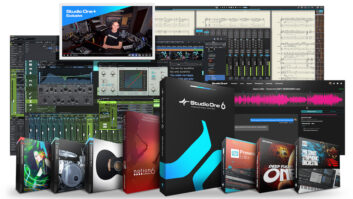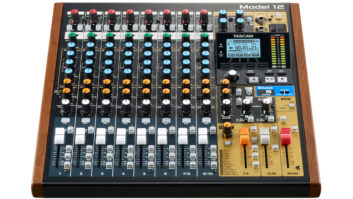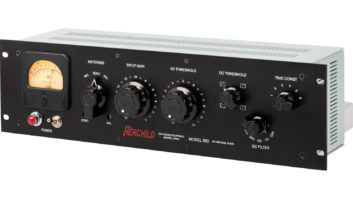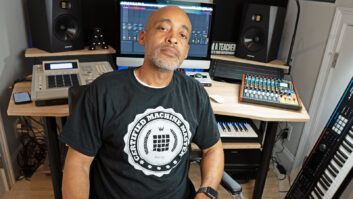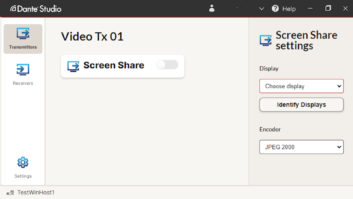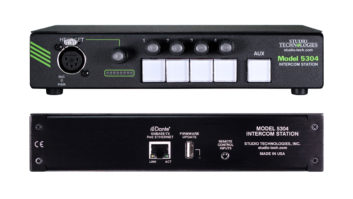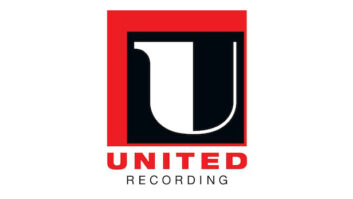This column covered the subscription model in June 2013—but a lot has happened since then, and now our industry has followed Adobe’s lead. Or has it?

First, a disclaimer: I was involved in Gibson’s acquisition of Cakewalk, consulted to Avid, and I have done projects for Waves. However, this column isn’t about giving opinions on various subscription models, but instead reports the status of the new ways in which software is being sold.
The subscription concept isn’t necessarily new. The Waves Update Plan has been around for over five years, and was often greeted by hostility back then (even though existing plug-ins didn’t expire). Over time, opinions have mellowed considerably— maybe because operating system changes (like Windows 8 to 8.1, or Mavericks to Yosemite) tend to require plug-in updates. There’s only so much you can expect a plugin company to do for free if they want to survive.
But at Winter NAMM, the subscription concept branched out in different directions compared to Adobe’s Creative Cloud concept. Let’s consider how Slate, Avid and Cakewalk handle it.
The most distinguishing factor is that all three companies offer choices— it’s not “your only choice is to keep renting, or your software will die.” All three allow outright license purchase, with permanent ownership. Those who want to buy software the way they’ve always bought software can do so. But all three also offer monthly payments and update options, and this is where they differ the most.
Slate Digital’s deal is simple: Pay $19.99, and use any or all of their plug-ins (except, of course, for the virtual microphone software, which is paired with hardware) for a month. To keep using them, keep paying—but you can stop any time, and re-activate any time. This is ideal for collaboration; suppose you’re not into Slate’s plug-ins, but need to mix a project that’s loaded with them. Pay $19.95, and mix the project. If you do the math, $239.40 a year for plug-ins will definitely appeal to those who use lots of Slate plug-ins. If you use only one or two, then it might make more sense to buy permanent licenses, but the point is, you have a choice (An additional option is upping the monthly payment to $24.99 to add Relab’s LX-480 reverb to the collection).
Starting with Pro Tools 12, Avid will also allow for renting or owning, while offering multiple support and upgrade plans. Rental is as low as $29.99 a month, but renting for a year reduces the price to as low as $299. A non-expiring license is $899, and updates start at $199 a year. The program isn’t in place as of this writing, so it’s hard to know the practical implications of “starts at,” but also note that Avid has resurrected the Pro Tools Free concept as Pro Tools | First. Although it has various limitations, you can think of it as a trial version (or collaboration option for non-Pro Tools users) that doesn’t time out.
Cakewalk adds yet another wrinkle because the monthly fee for SONAR (or its upgrades) isn’t a rental in the conventional sense; Cakewalk calls it a “membership.” Customers agree to a 12-month term and after completing 12 consecutive months of payments, the software they’ve paid for remains authorized and does not expire, regardless of whether or not they renew. Another membership wrinkle is that the monthly features/fixes updates also include content (presets, loops, tutorials, etc.). However, if someone buys SONAR a year from now for the first time, although they’ll receive all features at the time of purchase, they won’t receive back content.
One significant aspect of all three programs is that they acknowledge the existence of small business and individual users. Adobe’s plan is ideal for large companies that need all their global offices running on the same software at the same time; the “rent-or-the-software-goes-away” ethos essentially demands that everyone be upgraded.
But the music industry is different, and the companies mentioned here take that reality into account. Whenever the concept of “subscription” or “rental” is brought up, a lot of musicians and engineers break out the torches and pitchforks. But software evolves constantly—it has to, if for no other reason than the operating systems it runs under are subject to change without notice. If nothing else, the idea of being able to rent, rent-to-own, or own outright addresses reality in a way that ultimately benefits the consumer.
Craig Anderton is Editor Emeritus of Harmony Central; check out some of his music at www.youtube.com/thecraiganderton.
